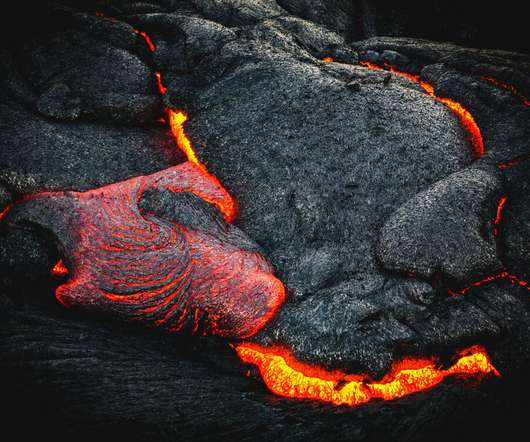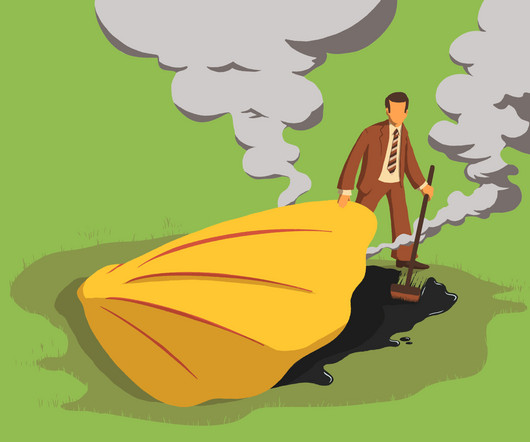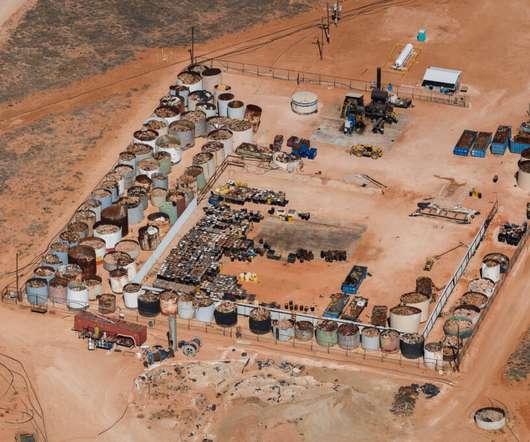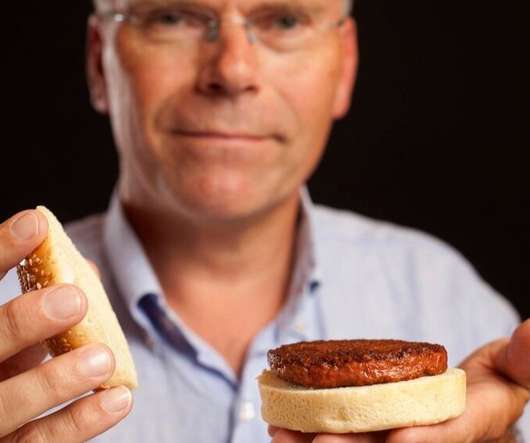Meat Industry Climate Claims – Criticisms and Concerns
DeSmogBlog
JULY 18, 2021
methane) from animal and land management and land-use change, which make the biggest warming contributions in the agricultural sector.”. These come from deforestation, changes in soil carbon, methane emissions, emissions from fertilisers, manure, farm machinery, and animal feed production. kg CO2e per day.
















Let's personalize your content